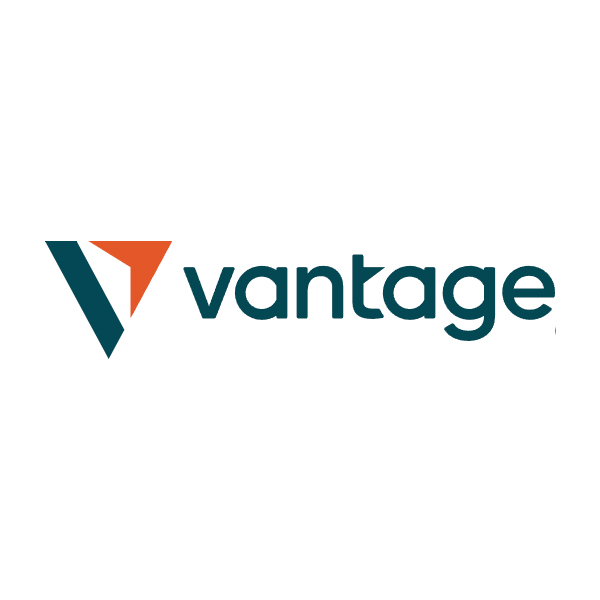Do CFD Brokers Trade Against You?
Content Disclaimer: The information provided in this article is for informational purposes only and should not be considered financial advice. Always conduct thorough research and verify details directly with the relevant provider before making any financial decisions. Details mentioned may be outdated or inaccurate.
Disclaimer: Our website may contain affiliate links. This means that we may earn a small commission if you make a purchase or sign up through these links. Full disclaimer Here.
The relationship between CFD brokers and their clients is complex and often misunderstood. One of the most common concerns among traders is whether CFD brokers trade against them. To fully understand this, it’s important to delve into how CFD brokers operate and the different models they use to manage trades.
Market Maker Model
In the market maker model, the broker takes the opposite side of the client’s trade. Essentially, when you buy a CFD, the broker sells it to you, and when you sell, the broker buys it from you. This means the broker’s profit is your loss and vice versa. This model raises concerns about potential conflicts of interest, as the broker might benefit from your losses.
Market makers, however, use sophisticated risk management strategies to mitigate their exposure. They often hedge their positions in the underlying market to reduce risk. Additionally, market makers can aggregate client positions, meaning that they balance out opposing trades from different clients, which reduces the need to hedge each position individually.
No-Dealing Desk (NDD) Model
CFD brokers using a No-Dealing Desk (NDD) model, also known as Straight Through Processing (STP) or Direct Market Access (DMA), pass client orders directly to the liquidity providers, such as banks or other financial institutions. In this model, the broker does not take the opposite side of your trade. Instead, they act as an intermediary, matching your order with another participant in the market.
In the NDD model, the broker’s primary income comes from spreads and commissions rather than client losses. This model is generally considered to align the broker’s interests more closely with those of the client, as the broker benefits from high trading volumes rather than individual trading outcomes.
Hybrid Model
Some brokers employ a hybrid model, which combines elements of both market maker and NDD models. In this approach, smaller trades might be handled internally (as a market maker), while larger trades are passed on to external liquidity providers (as an NDD broker). This allows brokers to manage their risk more effectively while still providing competitive pricing and liquidity.
Conflict of Interest and Ethical Considerations
The potential conflict of interest in the market maker model has led to concerns about fairness and transparency. Reputable brokers mitigate these concerns by adhering to strict regulatory standards and maintaining transparent practices. Regulatory bodies such as the Financial Conduct Authority (FCA) in the UK and the Australian Securities and Investments Commission (ASIC) enforce rules to ensure brokers operate fairly.
Risk Management
Brokers, especially market makers, employ sophisticated risk management techniques to handle the potential conflict of interest. These include:
- Hedging: Brokers can hedge their exposure in the underlying market to neutralize their risk. For instance, if clients collectively hold a significant long position, the broker might take a short position in the underlying asset.
- Spread Management: Adjusting spreads to reflect market conditions and client behavior can help brokers manage risk. Wider spreads can provide a buffer against volatile market movements.
- Client Profiling: Brokers may categorize clients based on their trading behavior. Retail clients might be handled differently than institutional clients, with different risk management strategies applied.
- Netting: By aggregating and netting client positions, brokers can reduce their overall exposure. For example, if one client goes long and another goes short on the same asset, the broker’s net exposure is reduced.
Transparency and Trust
Trust and transparency are crucial in the broker-client relationship. Reputable CFD brokers provide detailed information about their business model, including how they handle client orders and manage risk. They offer clear disclosures about spreads, commissions, and other fees. Additionally, they adhere to regulatory standards and undergo regular audits to ensure compliance.
Choosing the Right Broker
When selecting a CFD broker, it’s important to consider their business model and how it aligns with your trading goals. Look for brokers that:
- Are Regulated: Ensure the broker is regulated by a reputable authority.
- Have Transparent Pricing: Clear information about spreads, commissions, and fees.
- Provide Quality Support: Reliable customer service and support.
- Offer Robust Platforms: User-friendly trading platforms with advanced features.
Conclusion
Whether CFD brokers trade against you depends on their business model. Market makers do take the opposite side of your trades, which can create potential conflicts of interest. However, they use risk management strategies to mitigate this risk. NDD brokers, on the other hand, pass your trades directly to the market, aligning their interests more closely with yours. Understanding these models and choosing a reputable, transparent broker can help ensure a fair trading experience. Always conduct thorough research and consider regulatory status, transparency, and customer support when selecting a broker.
Disclaimer: Our website may contain affiliate links. This means that we may earn a small commission if you make a purchase or sign up through these links. Full disclaimer Here.
Author
Behind This Article
Content Disclaimer: The information provided in this article is for informational purposes only and should not be considered financial advice. Always conduct thorough research and verify details directly with the relevant provider before making any financial decisions. Details mentioned may be outdated or inaccurate.
Related Articles
Explore related articles to expand your knowledge in finance and trading.
Hewlett Packard, Dollar Tree, Copart, and more set to report earnings Wednesday – Investing.com
US gasoline slumps to near 3-year low on end of driving season, oil slump – Reuters
Popular Brokers
Easily compare brokerage accounts to get an overview of fees, features, and details.

Vantage Markets
Vantage Markets provides access to CFD trading on forex, indices, commodities, shares, ETFs, and cryptocurrencies. It features advanced platforms like MetaTrader 4, MetaTrader 5, TradingView, and ProTrader, with competitive spreads and leverage options. Vantage also provides extensive educational resources, including webinars and courses, along with a demo account for practice and 24/7 customer support, making it suitable for both beginner and advanced traders.

Webull
Webull offers commission-free trading on stocks, ETFs, and options, with advanced charting tools and real-time market data. It features extended trading hours, paper trading for strategy testing, and multiple account types, including Traditional, Roth, and Rollover IRAs, making it ideal for both new and experienced traders.

IG

Merrill Edge
Merrill Edge provides commission-free trading on stocks, ETFs, and options, along with managed portfolios through Merrill Guided Investing. Integrated with Bank of America, it provides seamless fund transfers and advanced tools for research and trading, making it a solid choice for investors seeking both convenience and in-depth resources.
